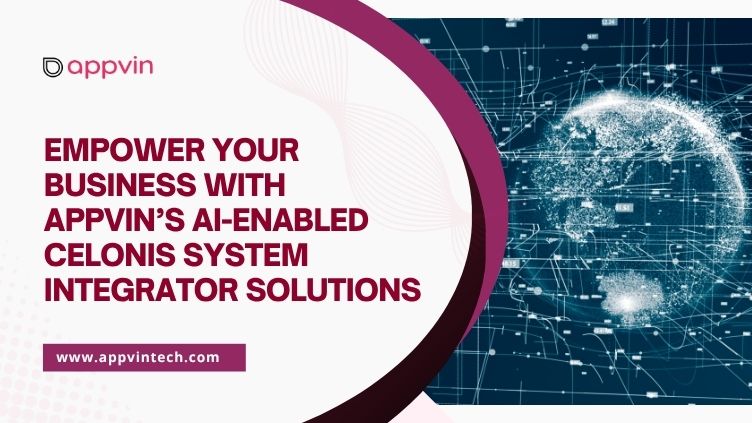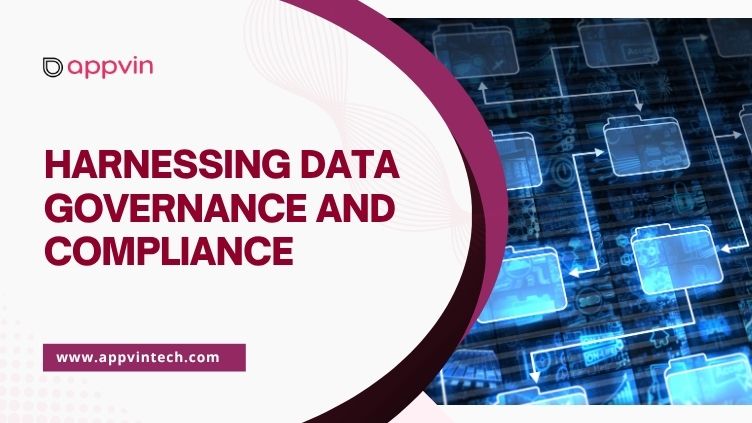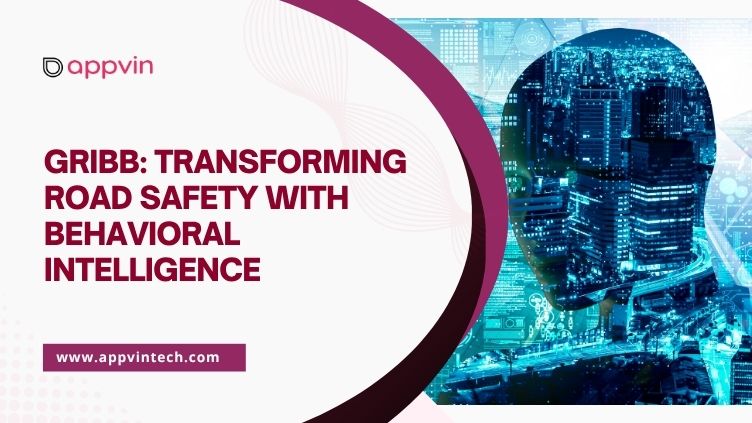In today’s digital world, data is crucial for every organization. With increasing regulations like GDPR, CCPA, and PDPL, ensuring data governance and compliance is more important than ever.
In this edition, we explore how modern enterprise apps can integrate data governance and compliance to meet legal requirements, build customer trust, streamline operations, and reduce risk.
Understanding the Importance of Data Governance and Compliance
Data governance refers to the processes, policies, and standards that organizations use to manage and protect data across its lifecycle. Compliance, on the other hand, ensures that data management practices meet the specific legal requirements set by data privacy laws, such as the General Data Protection Regulation (GDPR), California Consumer Privacy Act (CCPA), and Personal Data Protection Law (PDPL).
These regulations require organizations to:
- Ensure data privacy: Protect personal data and give individuals control over how their data is used.
- Implement data security: Safeguard against data breaches and unauthorized access.
- Facilitate accountability: Maintain detailed records of data handling and processing activities.
Non-compliance can result in hefty fines, legal consequences, and reputational damage. However, integrating robust data governance and compliance frameworks into your enterprise software solutions can mitigate these risks and set your organization up for success.
Key Considerations for Data Governance in Enterprise Apps
Modern enterprise applications must be designed with data governance and compliance in mind. To achieve this, organizations must incorporate several key considerations:
1. Data Classification and Mapping
One of the first steps in achieving effective governance is understanding and classifying the types of data you handle. Data should be categorized by its sensitivity level, and businesses must create data maps that show how personal information flows through the organization, from collection to processing and storage.
2. Data Access Control
Limiting access to sensitive data is vital for compliance. Organizations should enforce role-based access controls (RBAC) to ensure that only authorized personnel have access to certain types of data. This also helps in the event of an audit, ensuring clear accountability for data access and usage.
3. Data Minimization
A core principle of most data privacy laws is data minimization - collecting only the data that is necessary for a specific purpose. By ensuring that enterprise apps collect and retain only the essential data, businesses can reduce the risk of non-compliance and improve data security.
4. Data Retention and Deletion Policies
Compliance regulations often mandate data retention and deletion policies. Modern enterprise applications should have built-in mechanisms to automate data deletion based on retention schedules and legal requirements. This helps ensure that data is not stored longer than necessary and that personal information is deleted when no longer needed.
Achieving data governance and compliance can be complex, but automation can make the process much easier. Modern software solutions and compliance tools can streamline many aspects of data governance, ensuring consistent adherence to regulations and best practices.
1. Automated Data Audits
Automated tools can perform regular audits of data access and usage. These tools can track who accesses data, when, and for what purpose. They provide an audit trail that is essential for demonstrating compliance during regulatory inspections or internal reviews.
2. Consent Management
Data privacy laws like the GDPR emphasize the importance of obtaining explicit consent from users for data processing activities. Consent management platforms can help businesses collect, track, and manage consent forms, ensuring that user preferences are honored and properly documented.
3. Encryption and Data Masking
Encrypting sensitive data and using data masking techniques can prevent unauthorized access to personal information. This ensures that even if data is compromised, it is rendered useless to attackers.
Benefits of a Data-Driven Approach to Compliance
1. Reduced Risk of Penalties
By integrating strong data governance and compliance practices into your enterprise apps, businesses can significantly reduce the risk of regulatory penalties. Laws such as GDPR impose hefty fines for non-compliance, making proactive compliance a smart business decision.
2. Improved Customer Trust
A transparent approach to data handling demonstrates a commitment to privacy, building trust with customers. Consumers are increasingly aware of their rights regarding personal data, and compliance is a key factor in their decision to do business with a company.
3. Streamlined Operations
With automated governance and compliance measures, enterprises can reduce the complexity of maintaining compliance manually. This can free up valuable resources, enabling businesses to focus on innovation and growth rather than scrambling to meet regulatory requirements.
Conclusion: Take Action on Data Governance and Compliance Today
Data governance and compliance are no longer optional - they’re essential to the success and longevity of your enterprise. By implementing a robust data governance strategy and leveraging compliance tools, you can ensure your enterprise applications meet regulatory standards while safeguarding sensitive customer data.




